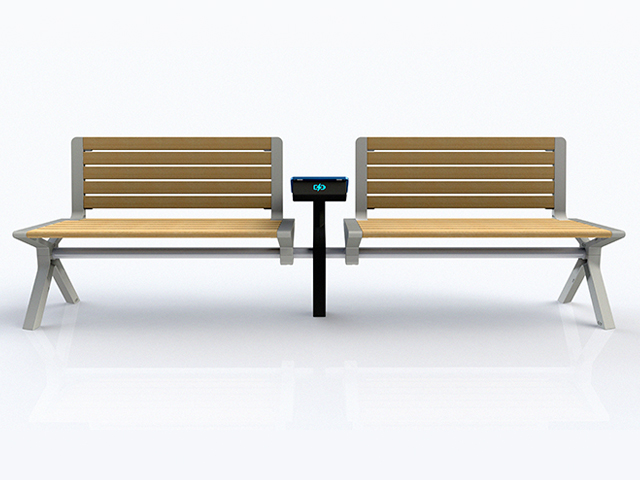STREET OF THE FUTURE
05 Oct 2017
The future is coming with Street Furniture Australia’s newest products that aim to create modern, technology-driven and consumer-friendly street furniture in Sydney’s bustling Circular Quay.

In October, Street Furniture Australia (SFA) will feature the prototype of their newest street furniture, the ARIA Seating System and Escola SmartBin, which will officially launch next year. Lead by Place Design Group the project is a part of the 2017 International Festival of Landscape Architecture: The 3rd City, a unique festival that aims to showcase innovative ideas for landscape, infrastructure and technology that will make habitable areas more liveable, productive and sustainable.
Partners include The Australian Institute of Landscape Architects (AILA), Internet of Things Alliance Australia (IOTAA), and Smart Cities Council Australia New Zealand (SCCANZ), and is sponsored by the Australian Government. SFA is joined by WE-EF Lighting, Lawn Solutions, Andreasens Green, Playrope, Buddy, Ene Hub, Utillix, Itron, BYKKO and Telstra. 
The four-day festival is set in Sydney’s Circular Quay and will showcase a wide range of street, landscape, utilities, transport and urban design, including self-driving vehicles. The Future Street will showcase prototypes of SFA’s upcoming ARIA Seating System, which features the PowerMe table, and interactive Escola SmartBin.
The ARIA seating system is a sleek and comfortable one-of-a-kind kit with parts that are flexible to individual needs and constructed to be easily upgraded for future technology upgrades. Users can configure their own benches, seats and tables to respond to current necessity. 
The PowerMe table is an innovative design that features an internal power generator. The idea is to allow Sydneysiders to never be without power as they can charge their devices at any time completely for free. The Escola SmartBin’s current prototype displays fill levels and says “thank you” when rubbish is thrown into it. Both products are solar powered, networked and geolocated, in order to promote sustainable city living. 
SFA’s production of these innovative products stemmed from an in-depth observation and interview process that aimed to gain insight into how people wish to interact with space, as well as the needs of asset managers and designers. It was discovered that a modular system would better serve the needs of multiple users relaxing, working and socialising, especially in a high-population public space.







